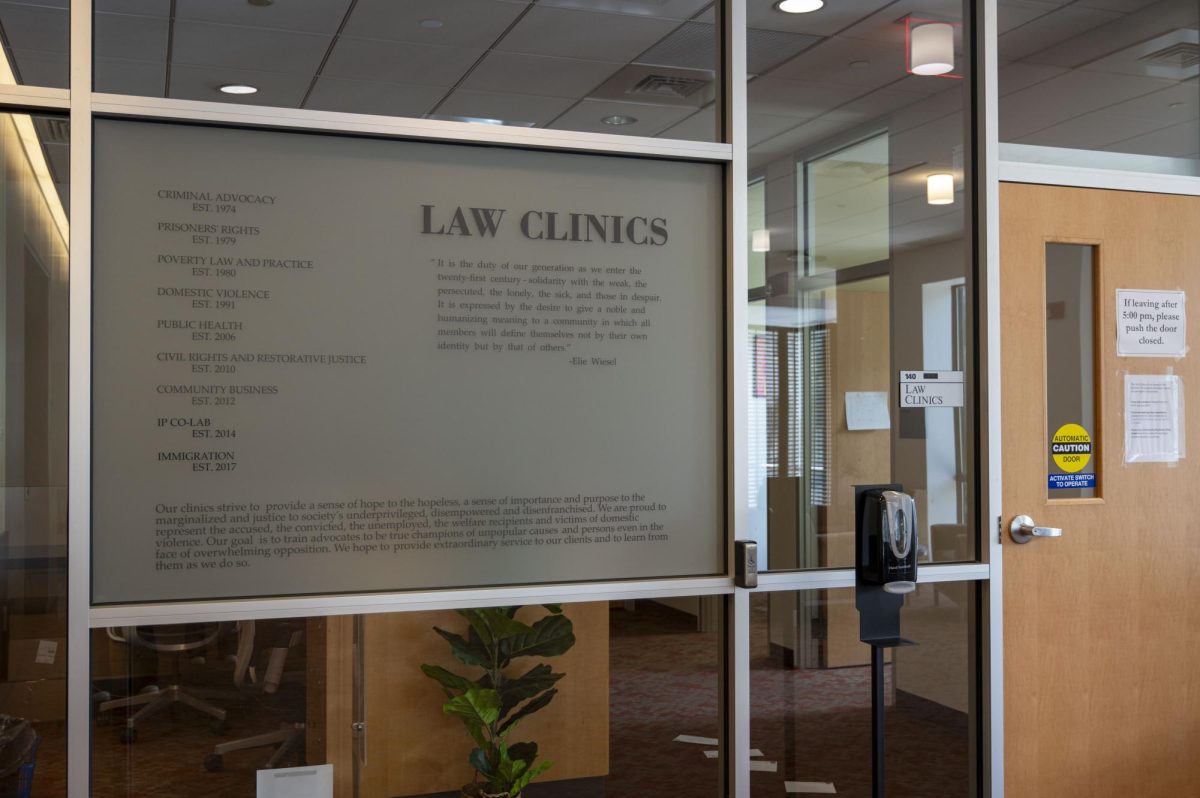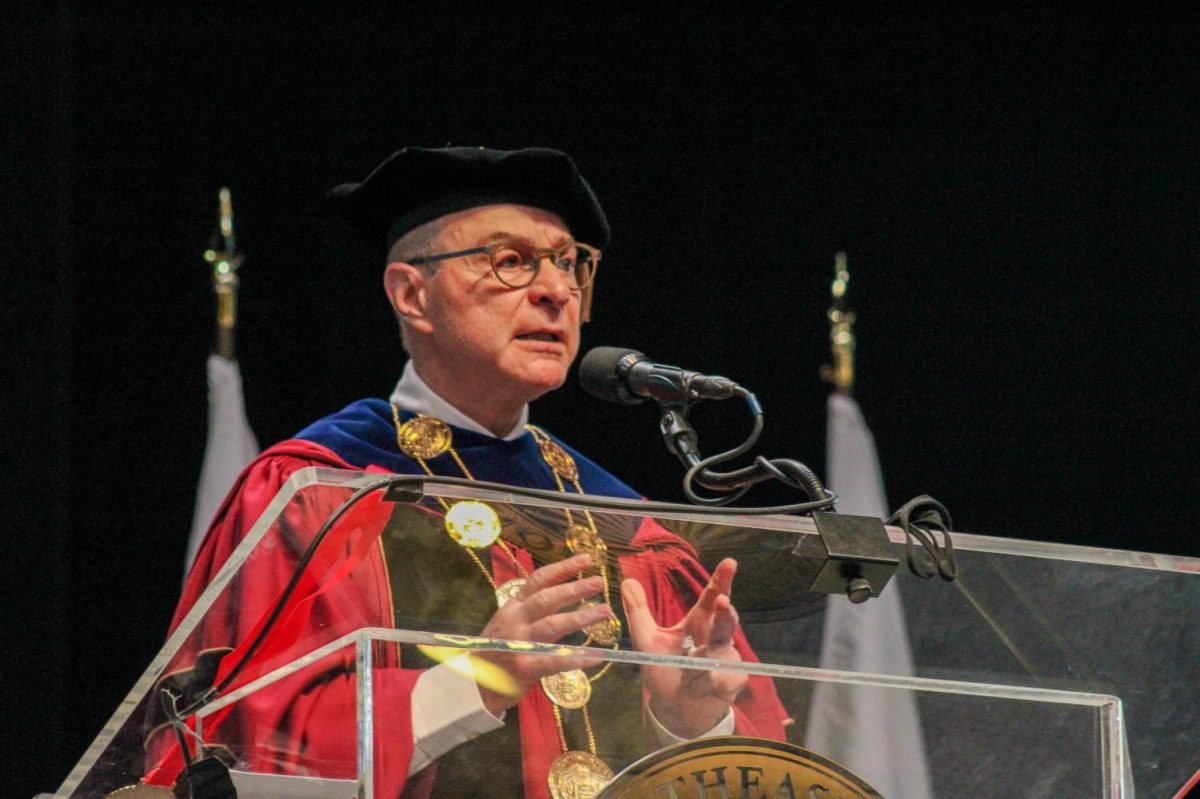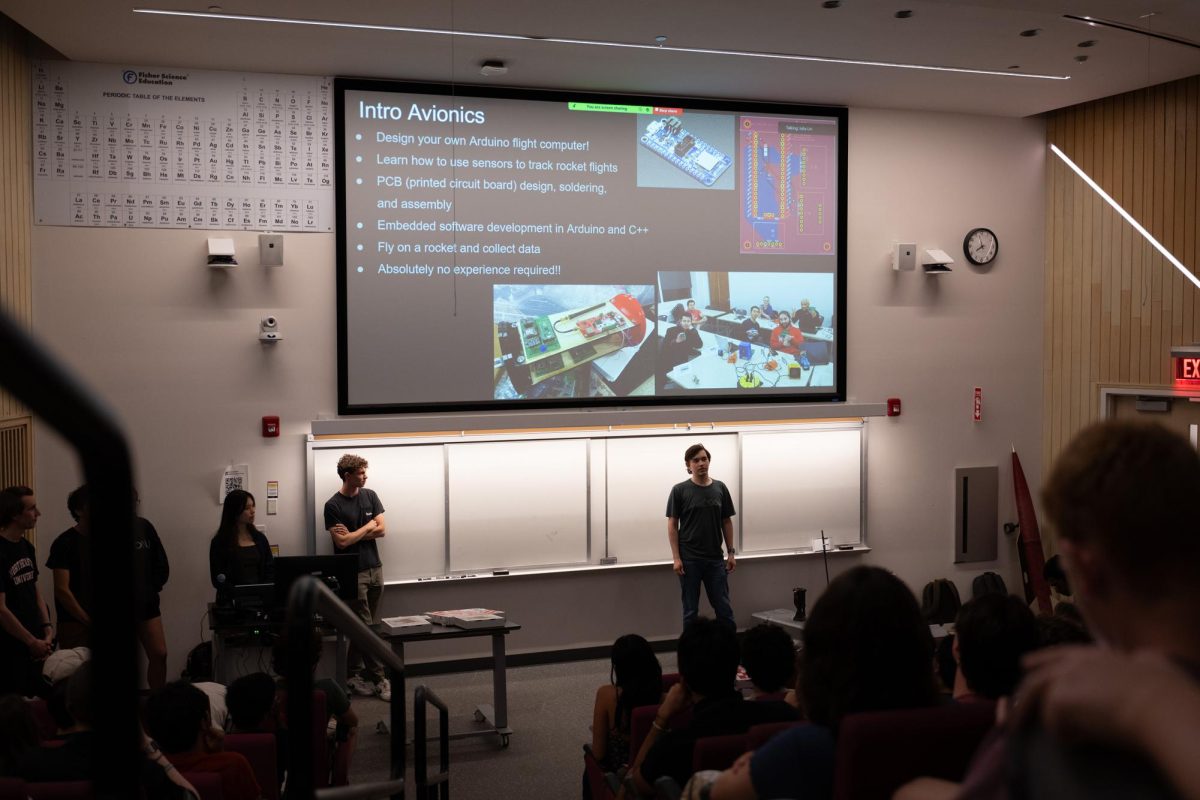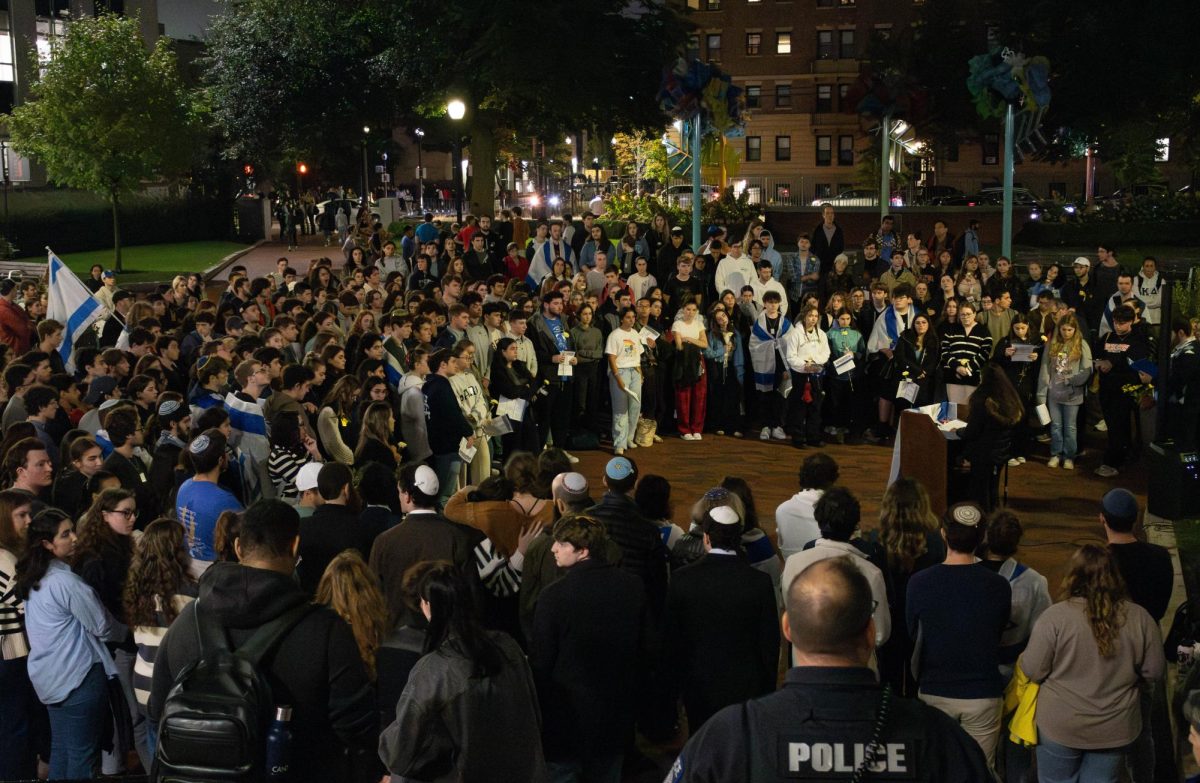By Kate Augusto
Starting next spring, the Office of Enrollment and Student Life plans to test a program that uses coaches to help students deal with time and stress management, said Philomena Mantella, vice president of enrollment and student life.
Northeastern’s School of Professional and Continuing Studies (SPCS) is already offering this coaching to their students through the California-based company InsideTrack, said SPCS Dean Christopher Hopey.
“We are really catalyzing on the process of SPCS,” Mantella said. “We want to test if this program has value for undergraduate students.”
Bruce Ronkin, associate dean of undergraduate affairs for the College of arts and sciences, though unsure whether the program will be tested for undergraduates, said he did not think coaching for undergraduates was necessary.
“The best person to be a coach for an Arts and Sciences student is often times a faculty mentor because they are role models for the profession the student wants to be in,” he said. “Everybody needs support. I’d like to think the undergraduate students are already getting that support from many directions here.”
Mantella, however, said she sees coaching as a supplement to advising, not a competing program.
SPCS started using InsideTrack for coaching more than two years ago, beginning with a pilot program, Hopey said. Many SPCS students have full-time jobs and a family and find it hard to pursue a degree also, Hopey said. Coaching helps students reflect on their studies and priorities, which in turn will ideally improve the retention rate at SPCS.
Lorraine Murphy, a master’s of science and leadership student in SPCS, said coaching has helped her balance school, a full-time job and her family.
“I think what’s good about it is I’ve been out of school for a couple of decades and so coming back, especially into an executive program where you’re just jumping right in, has produced a level of anxiety,” she said. “There’s been very little my coach hasn’t helped me with. She’s helped me with the feeling of being overwhelmed, dealing with all the reading I have and taking notes.”
Murphy, like the other approximately 800 SPCS students who use coaching, speaks with her coach once a week on the phone for about 15 minutes to a half hour. Meaghan Joyce, Northeastern’s campus director for InsideTrack, said this model is most convenient and effective for students.
While undergraduates usually do not face the same time constraints as SPCS students, Mantella said such a program may help improve retention with undergraduates anyway.
“I think this is an outreach to students to see if all is going well and if they’re having a particular issue we can put them in touch with the right person. It’s really kind of a higher level of service we’re looking to expand to students,” she said.
Joyce also sometimes works as a coach and describes coaching sessions as “centered around what students are trying to get out of school.”
“It tends to be customized to the individual,” she said. “What I talk about with one student may not come up with another.”
Before coaching begins for undergraduates, Mantella said a controlled-study would need to take place, which will most likely happen this spring. This study would most likely consist of a comparison between the experiences of a certain number of students in an array of programs participating and that of a similar group of students not participating.
Mantella said her office will absorb the cost of the study, but would need to consider how to fund the program if it’s implemented in fully later.
SPCS pays for coaching out of their budget and also offers enrollment coaching to potential SPCS students. Mantella said her office is not looking into enrollment coaching, partially because so many students already applied to the university.
Nicole Matesich, a senior political science major, said when she heard SPCS offered the service, she told her roommate she wished Northeastern offered a program like it for freshmen.
“I could’ve used the support and guidance for time management,” she said.
Hillary Hastings, a senior business major, also feels that her freshman year would’ve gone smoother, had she had a coach.
“I failed a class freshman year and it probably would’ve helped me to have someone telling me to go to class or do my homework,” Hastings said.
Hastings also said she thought the university should look into pairing upperclassmen with freshmen during Introduction to College classes She said she feels that would get students more involved in the process.
The coaching study for undergraduates will at least evaulate the need for such a program, Mantella said, and students seem to feel individual attention will bring them far.
“I really can’t say enough about the coaching,” Murphy said. “I think this will help me succeed and complete the program.”








